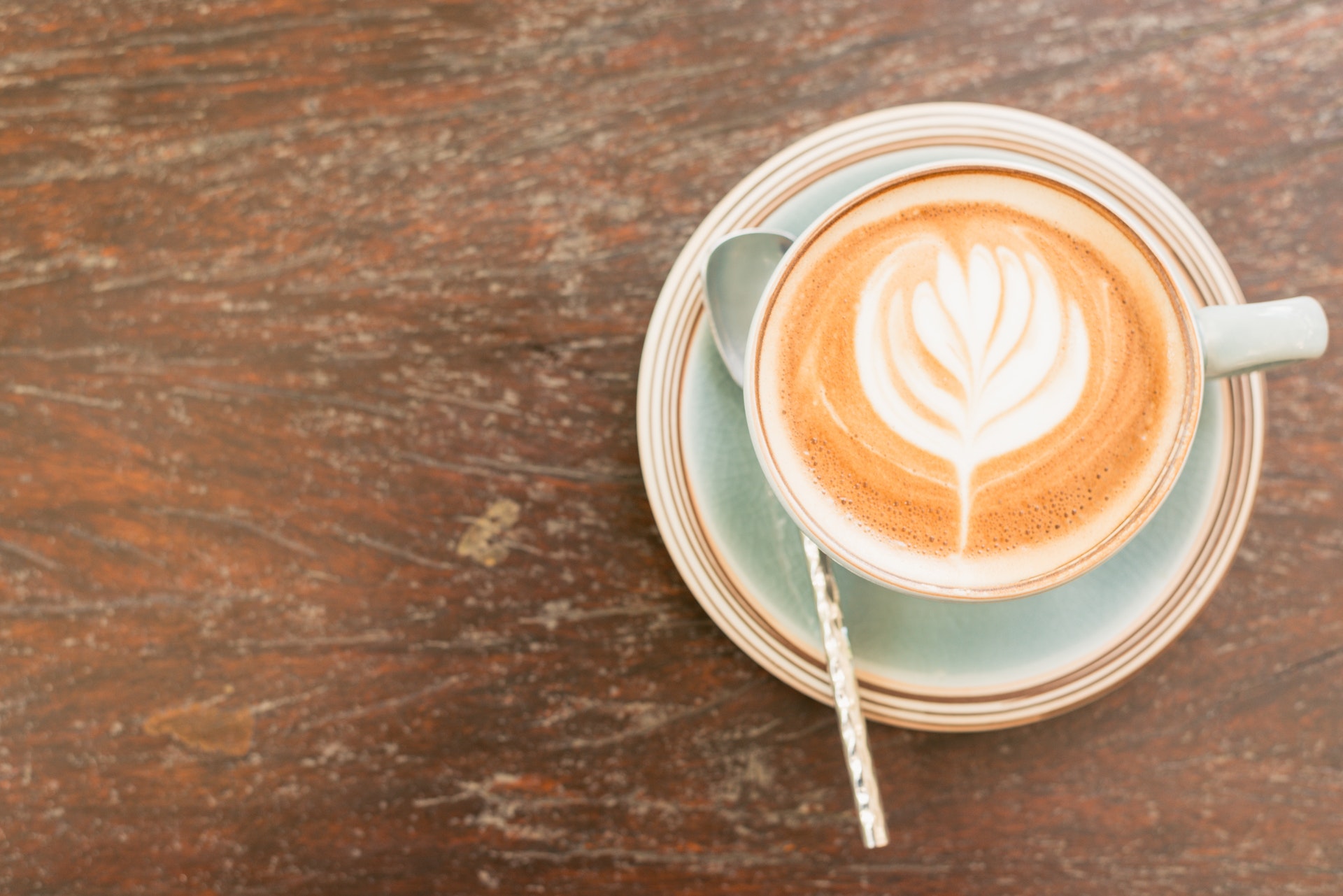What One Man Learnt From Saving A Year's Worth Of Plastic Waste

Daniel Webb collected his plastic waste for a whole year. This is what he learned at the end of it.
On January 1st, 2017, when Daniel Webb was running along the beach in his hometown of Margate in the UK, he stumbled upon the idea for a new project.
Margate, he says on his website, is a coastal town that is like most others: it is heavily polluted by plastic. He recounts what he saw that evening, "Old toys, probably 20 years old, bottles that must have been from overseas because they had all kinds of different languages on them, bread tags, which I don’t think had been used for years. It was very nostalgic, almost archaeological. And it made me think, as a mid-30s guy, is any of my plastic out there? Had I once dropped a toy in a stream near Wolverhampton, where I’m from, and now it was out in the sea?”
Webb decided that over the next whole year, he would not throw away a single item of plastic he'd used. He would not alter his consumption behaviour, save for avoiding buying bottled water.From the smallest bottle cap and clothing label to bigger items like disposable coffee cups and empty shampoo containers, he would keep them all, visual testimony of all the plastic he'd bought during the year. In his flat, the items would be washed, dried and stored in a spare room. By the end of the year, 22 x 80-litre garbage bags occupied his apartment, each bursting with single-use plastics. Each item had had a single fleeting function, yet it would outlive us and our children, he says.
Daniel Webb with his installation Everyday Plastic. Image: Everyday Plastic
The project woke Webb up to some interesting facts about his consumption patterns. He learned, for instance, that he had a predilection for certain kinds of packaged foods.
He also learned that most of the plastic we produce does not end up being recycled, even if it is recyclable. His garbage was evidence of this: only 56 items in it were made of recycled material. Most of us, he says, go about our lives without access to recycling or knowledge of how much of what we discard is actually recycled. He does not rule out the value of recycling, but says it has limitations that must be addressed by investing in better recycling infrastructure.
After sorting through and weighing his entire collection, Webb found that only 4% could be recycled in the UK; 60% was food packaging; and a staggering 93% was single-use plastics that would be incinerated or end up in the ocean. Only 8 items were made of biodegradable material. He can tell you how much petrol, oil, water and energy was used in the manufacture and content of the plastic, as well as the carbon footprint of each item.
We're facing what Webb, a marketing consultant himself, calls 'an epidemic of overproduction and overconsumption' - the collusion of manufacturing, design and advertising to sell us things we really don't need in packaging that's destroying the planet. And recycling is not the answer, he says.
60% of Webb's total waste was food packaging. Image: YouTube screengrab
So, what did he do with all the garbage he'd hoarded in 2017? He turned it into an art installation for the UK's Mural-by-the-Sea Project. Titled Everyday Plastic, it is a colourful 13-metre long display of all his trash. It contains 4,490 individual pieces of plastic, every tablet strip, chocolate wrapper and takeaway container laid out for visitors to see. The concept for the mural, he says, is to show the sheer volume of plastic that one person consumes, without ever realising it, in a single year. He chose to use art as a way of communicating the problems of our current production and consumption habits to different types of people in a tangible, visual, visceral manner.
How many of us justify our use of single-use plastics thinking that they will be recycled or reused? When was the last time you used a straw or a plastic cup thinking that one person - you - using a straw won't cause much damage to the earth?
If there's one thing Webb's project threw up, it was that we need to find ways of using less. It does not require a lifestyle change, just modifying one habit or behaviour can make a significant difference to plastic pollution. Staying away from buying bottled water, he says, helped him keep 300 plastic bottles out of the garbage. So, while we wait and see if the plastic-eating enzyme scientists discovered last week will actually be the end of our plastic woes, let's look at ways in which we can start bringing less plastic into our lives and sending less of it out into the environment.







